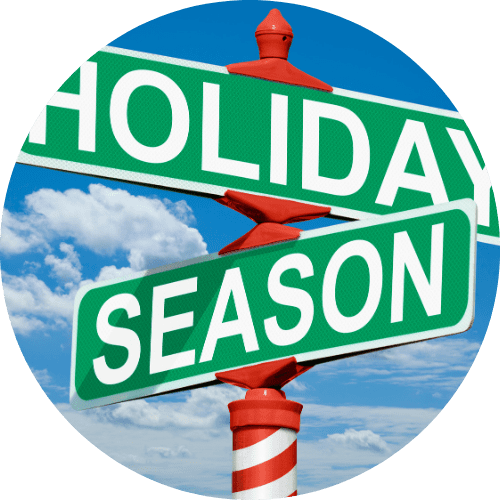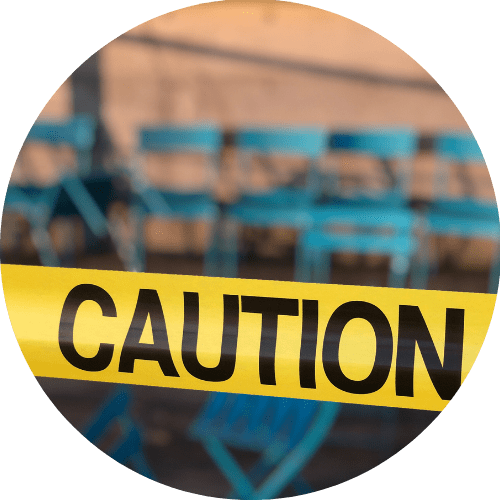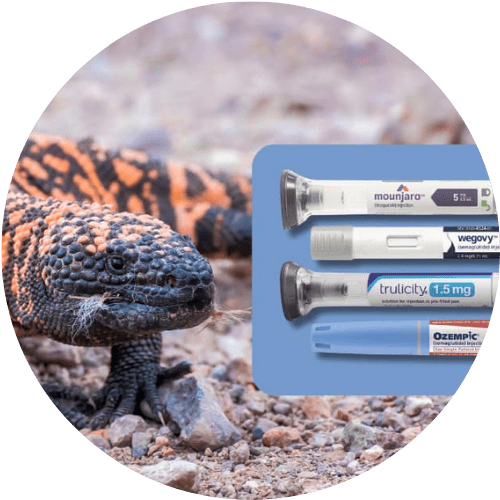I used to start off every new year with a laundry list of ambitious resolutions, but there was never any real understanding of how I would actually achieve them. So, basically, I had a wish list of pipe-dreams for who I longed to be, with no footing in reality and zero probability that I would ever achieve anything on this list.
Then, around the time when I discovered intuitive eating, I started taking a more humanistic approach, and stopped the doomed practice of setting myself up for failure. I leaned into acceptance, for better or worse, and let myself just…be…without the pressure of making any grand sweeping changes or radical transformations. Ultimately this acceptance was an important part of my journey, but in retrospect it was also partially borne out of disenfranchisement and the learned helplessness that had settled into my psyche after decades of dieting “failures.”
The last few years, on December 31, there have been some promises made, but nothing overly dramatic — it’s been mostly about gratitude, cleaning things up and recommitting to the lifestyle that had saved my life.
This year, however, feels a little different for me, and I am ready to tackle my goals in new ways. Some involve diet, weight loss and fitness, some involve work projects that have been on hold, some involve finding new strategies to manage stress, uplift my spirit and bring more joy, but the overarching theme to all of them involves examining, in a deeper way, my historically difficult relationship with food, lifestyle, and excess.
And while there is a list, what is different this year is that instead of saying, simply, I want to lose x pounds or get fitter in an unreasonable timeframe, I am carving out a fully-fledged plan for how I am going to achieve these things with realistic expectations for what my body and mind can do. My approach this year is measured and intentioned, honest to who I am and what both worked and didn’t work in the past. It uses the practical as a vehicle to further understand my challenging food relationship, acknowledging that they are inextricably linked. For me to pretend otherwise is no longer viable.
The other shift: resuming full ownership of this process.
For a long time, my lifestyle choices have been on automatic pilot while I focused attention elsewhere. I have outsourced so much of it to other people rather than embody and embrace my goals, relying heavily on the amazing community I have cultivated to help me along the way: friends (including medical experts and health coaches I am fortunate enough to call coworkers), loved ones, personal trainers. All of these amazing people are integral and important parts of my life, they are my support team of trusted cheerleaders and I never would have made it here without them, but ultimately, in the trenches of day to day life — it is me who has to make the right decision in the moment, it is me who has to do the hard work, and it is me who has to live with the consequences when I don’t.
But full disclosure…things have gotten sloppy, and my relationship with food has taken a toll on my mental and physical condition.
So, this year there will be no gimmicks or huge swings for the fences. There will be no tricks or schemes, but there will be plans made, close attention paid and honest reflections on why and how my food relationship has served me in the past, and most importantly — how it no longer serves me.
These changes are going to have to come from an intrinsic place rather than because someone else told me “This is the way.” And, big gulp…it will require the same amount of focus and attention as it took to undertake my journey to losing 225 pounds. But different…This will require me taking stock of the ways in which my food choices and healthy lifestyle fall off when my mental health and stress are struggling, and the ways in which food and excess are the familiar roads I choose to travel rather than sit with discomfort.
This does not mean I have to go it alone. No, in fact, my plan includes drawing upon all the experts and community of support I hold so dear to hold me accountable and reflect back to me what can sometimes be hard to see on my own.
But being on autopilot does nothing to manage my food relationship or move me further toward my objectives. The next horizon for me in my journey towards sustained good health and a more peaceful existence is a process I need to own and embody. No one can do this for me.
Which brings me to our January challenge. While there are specific tasks each week, I plan to use this month to hone in on why and how I will carry forward. Yes, there are some practical things on my list, but here are a few more broad-minded jumping-off points for us all to consider.
In the spirit of self-ownership of this process, I encourage you to create your own, with intention, honesty and radical self-acceptance:
- Make room for grace, but have a list of non-negotiables, the things that will not falter no matter what. Own them. Make a hard line and prepare for when (not if) the going gets tough. Have a list of strategies to deploy that will carry you through the next hour and then the hour after that. It is going to get hard, so prepare for your struggles now by incorporating that into your approach.
- Examine your relationship with food. Without harsh self-judgement and shame, use this relationship to learn who you are in order to further growth and become the best version of yourself you can imagine. When things are challenging, question why now, what is making this challenging. Learn from that for the next time (because there will be one), with self-love rather than self-loathing.
- And finally, remember what you know to be true but have safety nets in place who can offer that truth to you in a compassionate and honest way.
This is the next phase of my journey. Who’s with me? #TimeToSoar24





